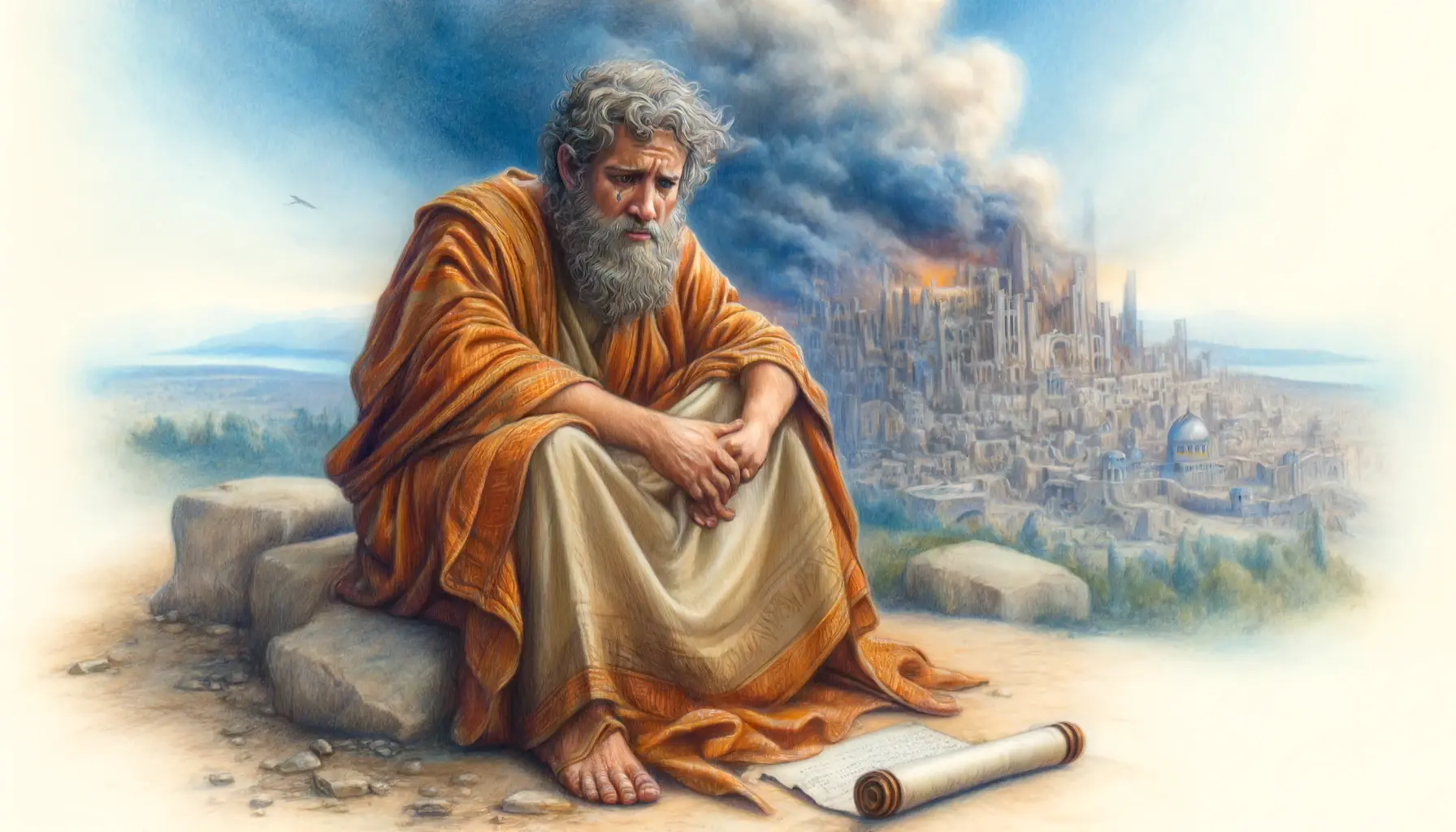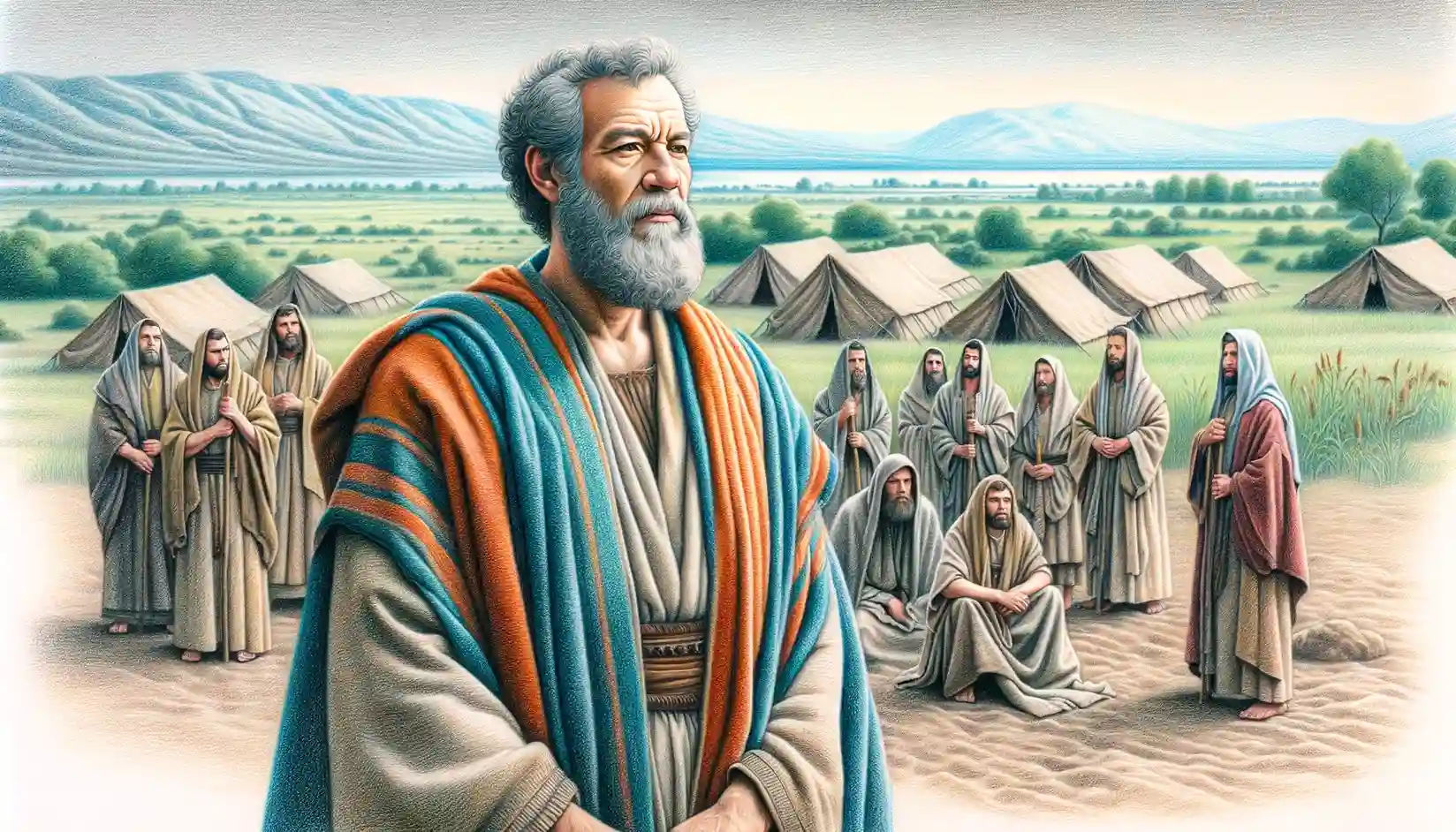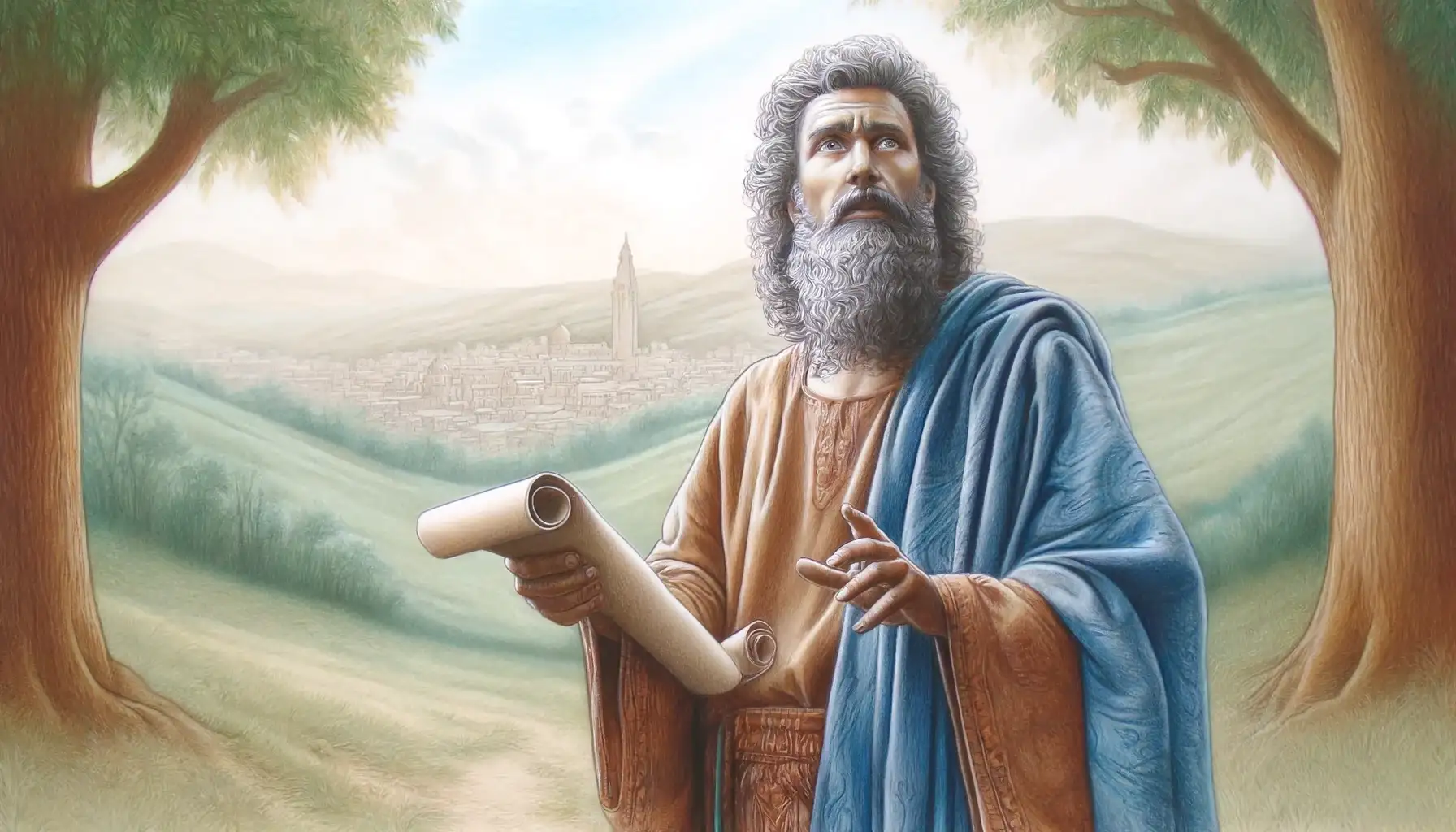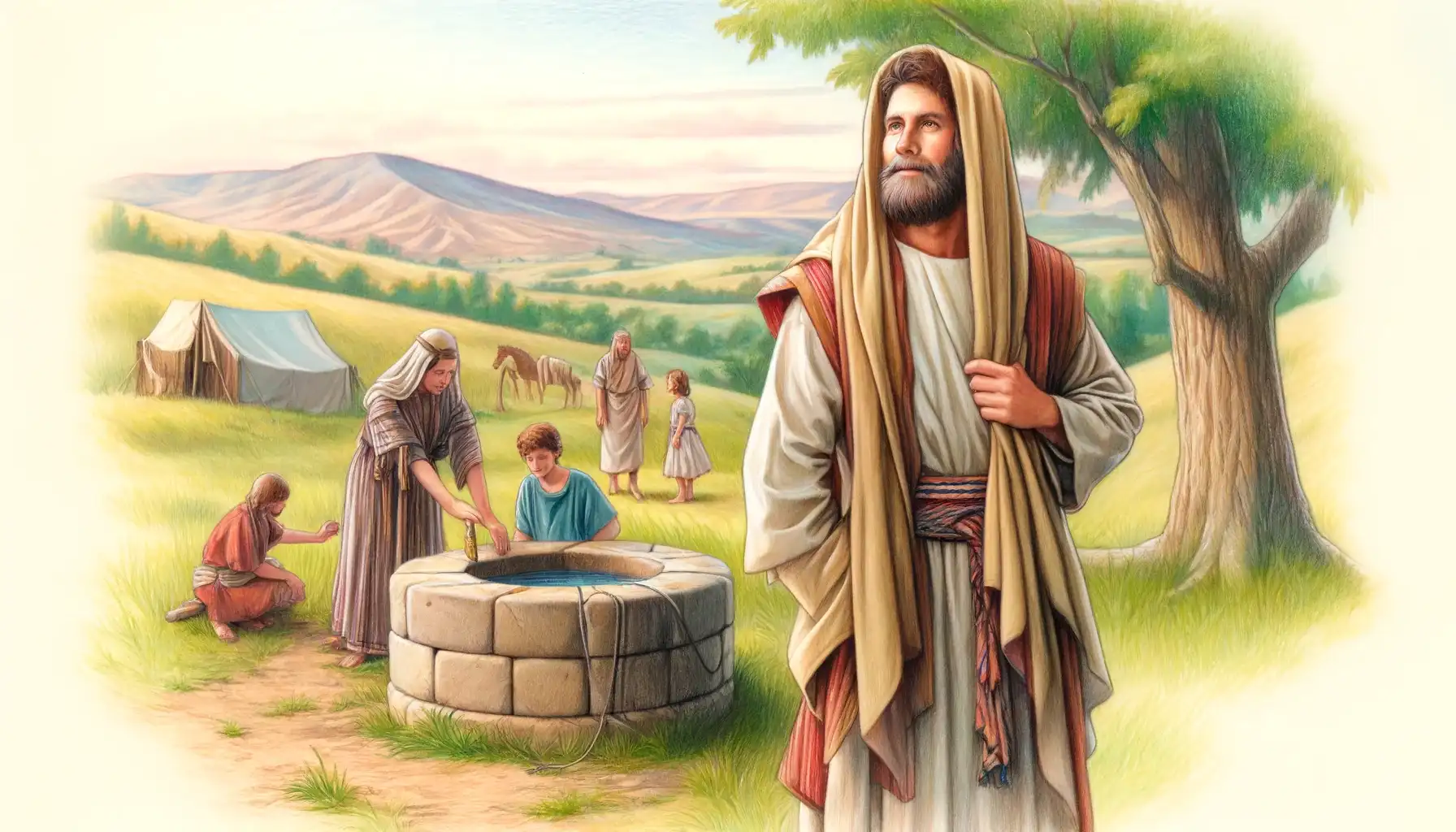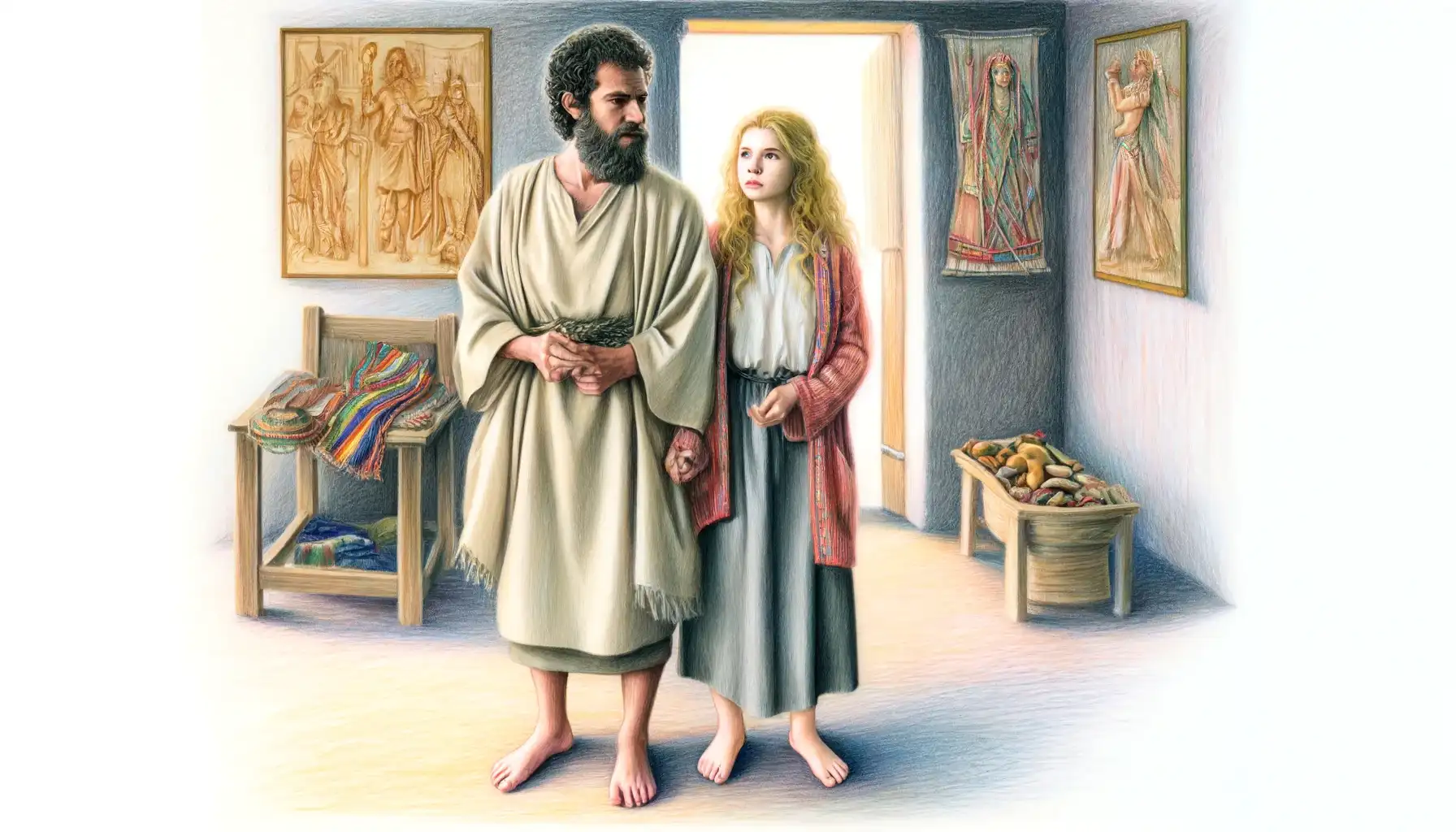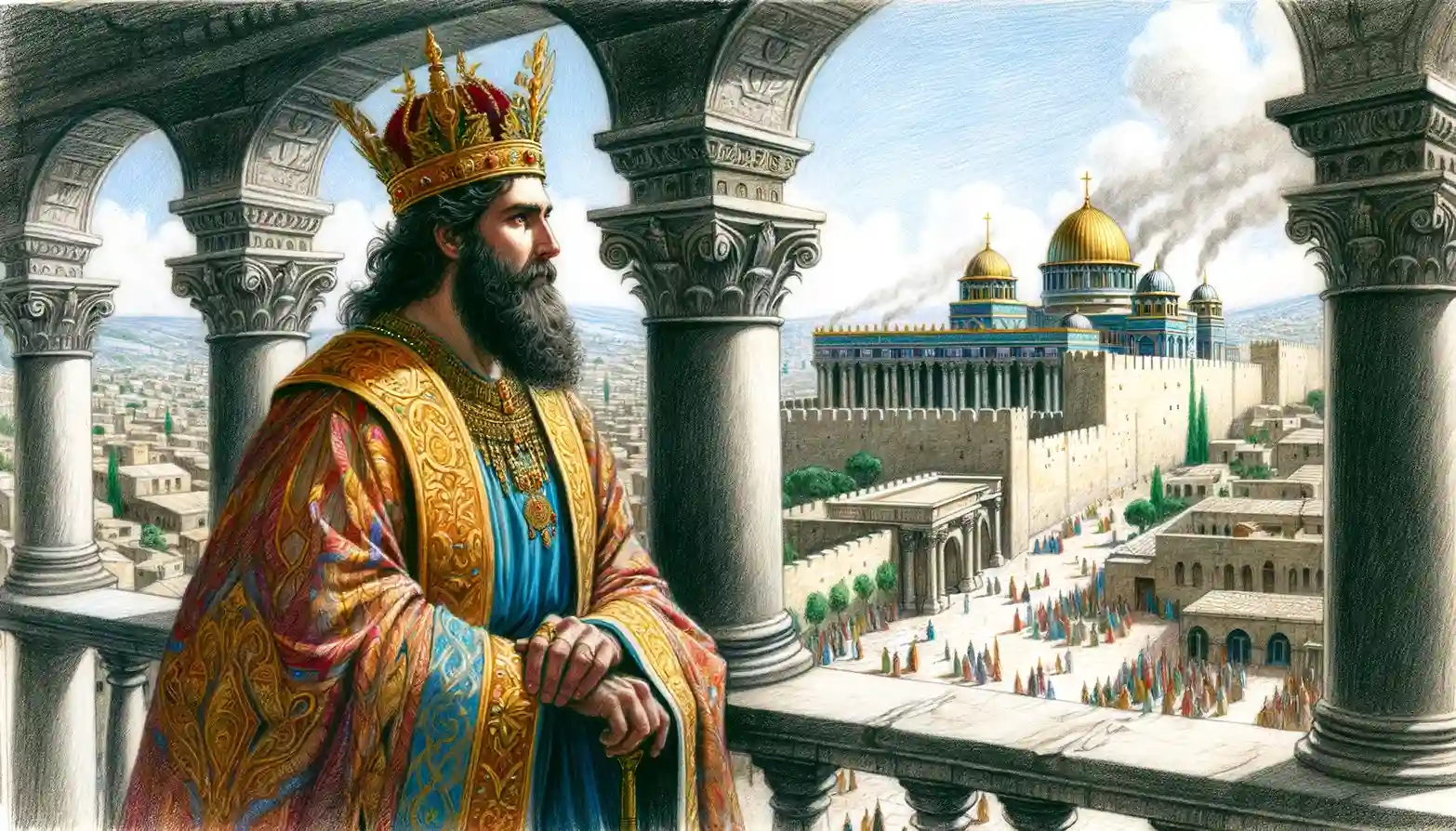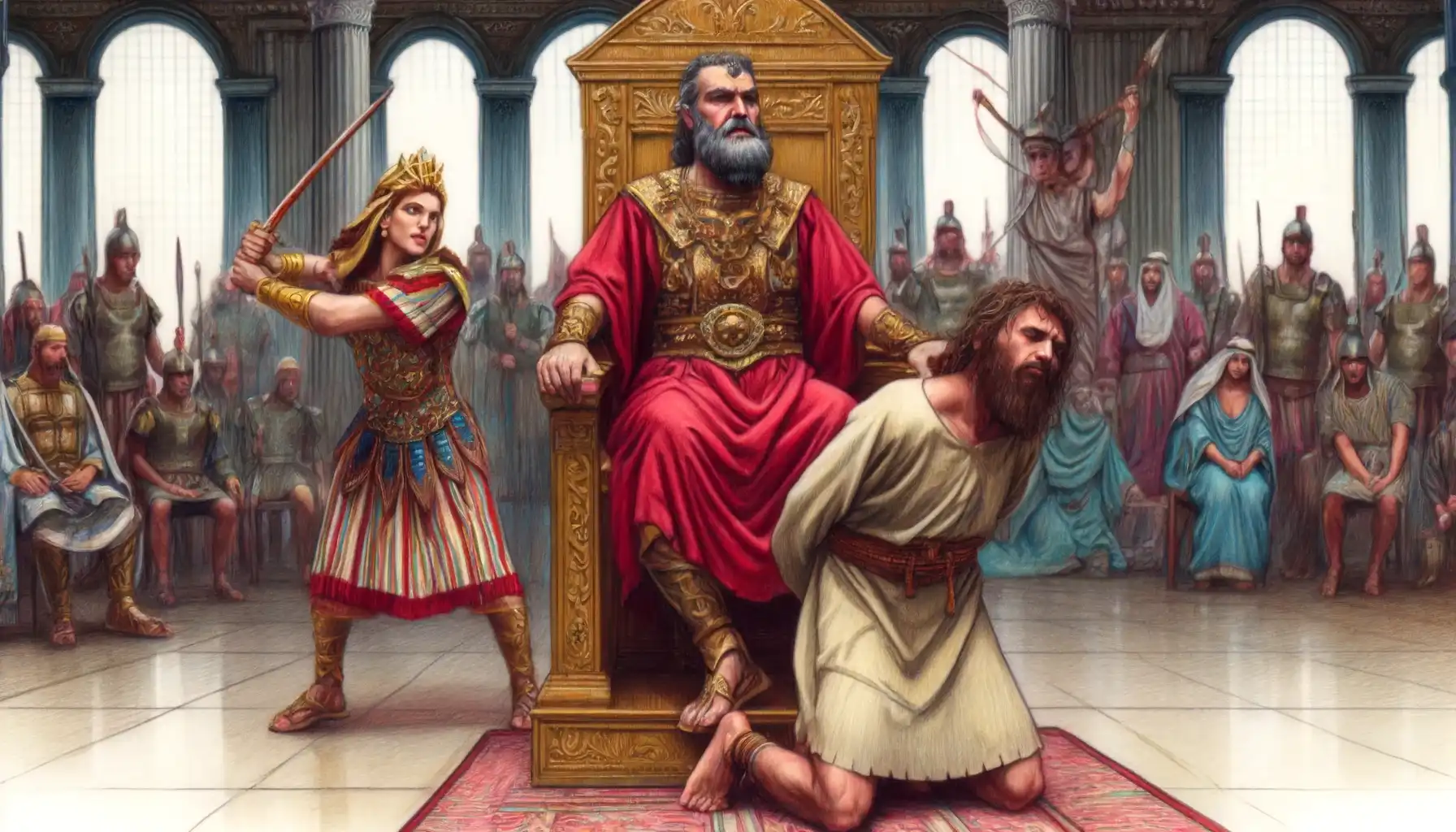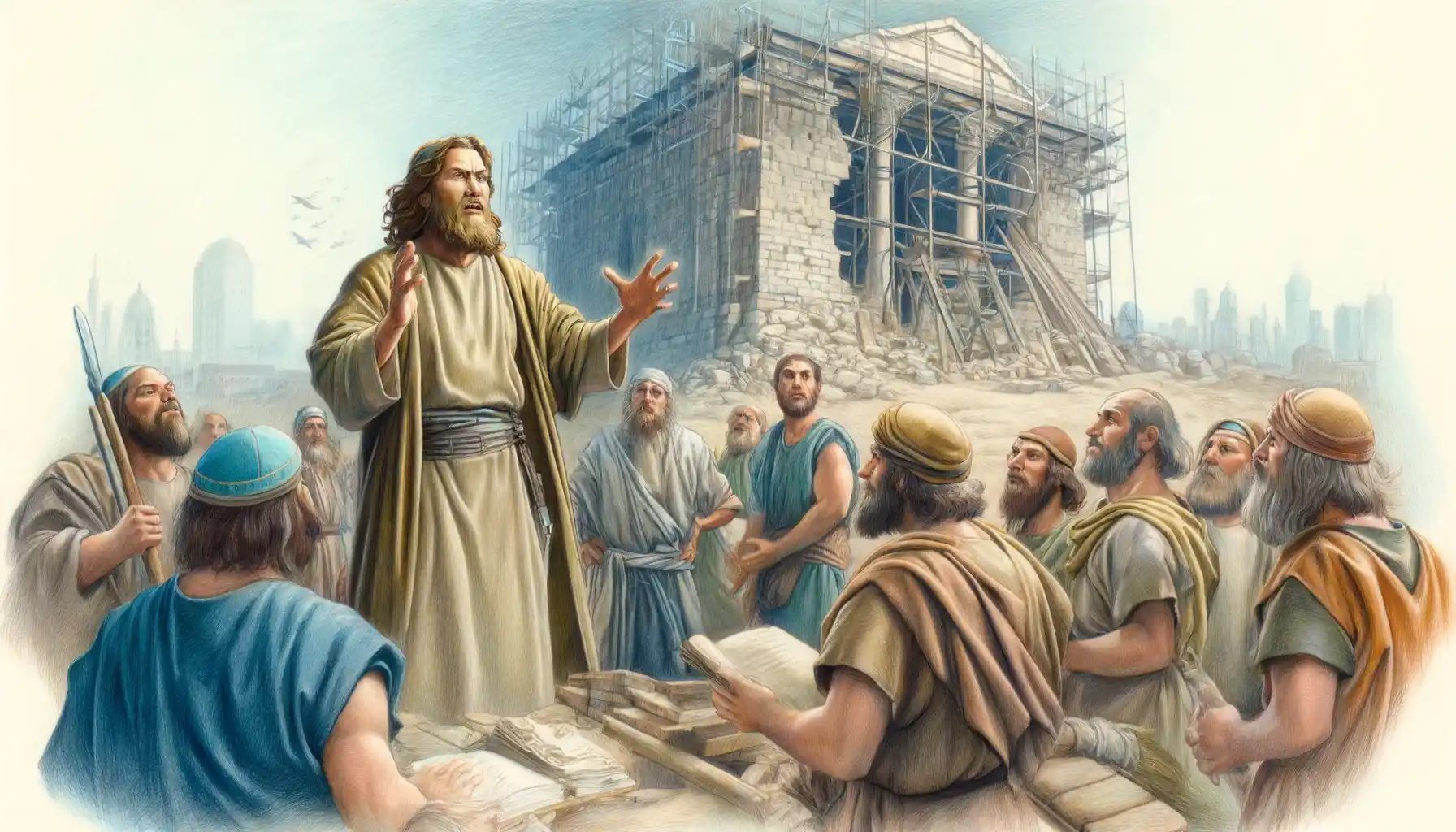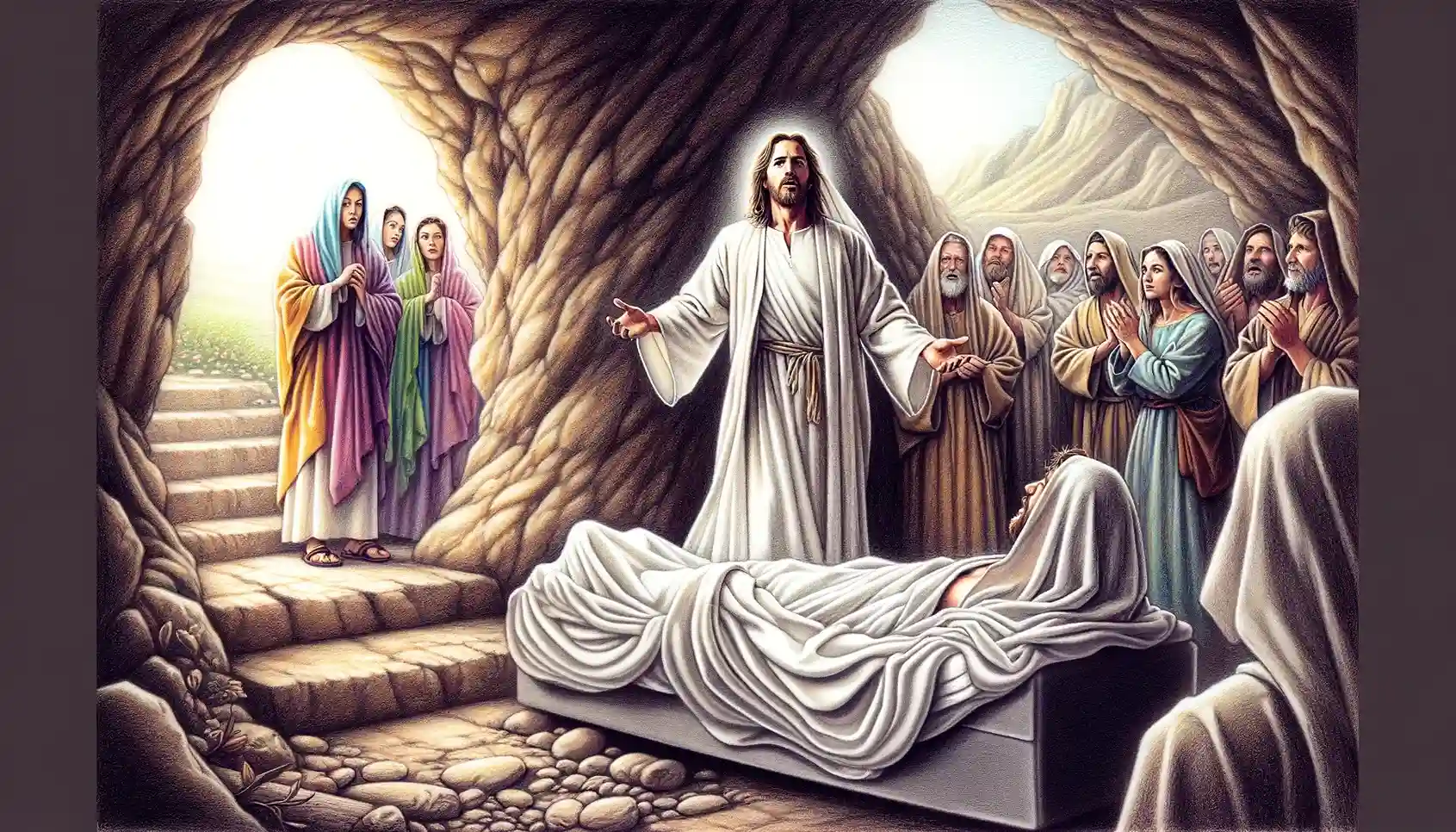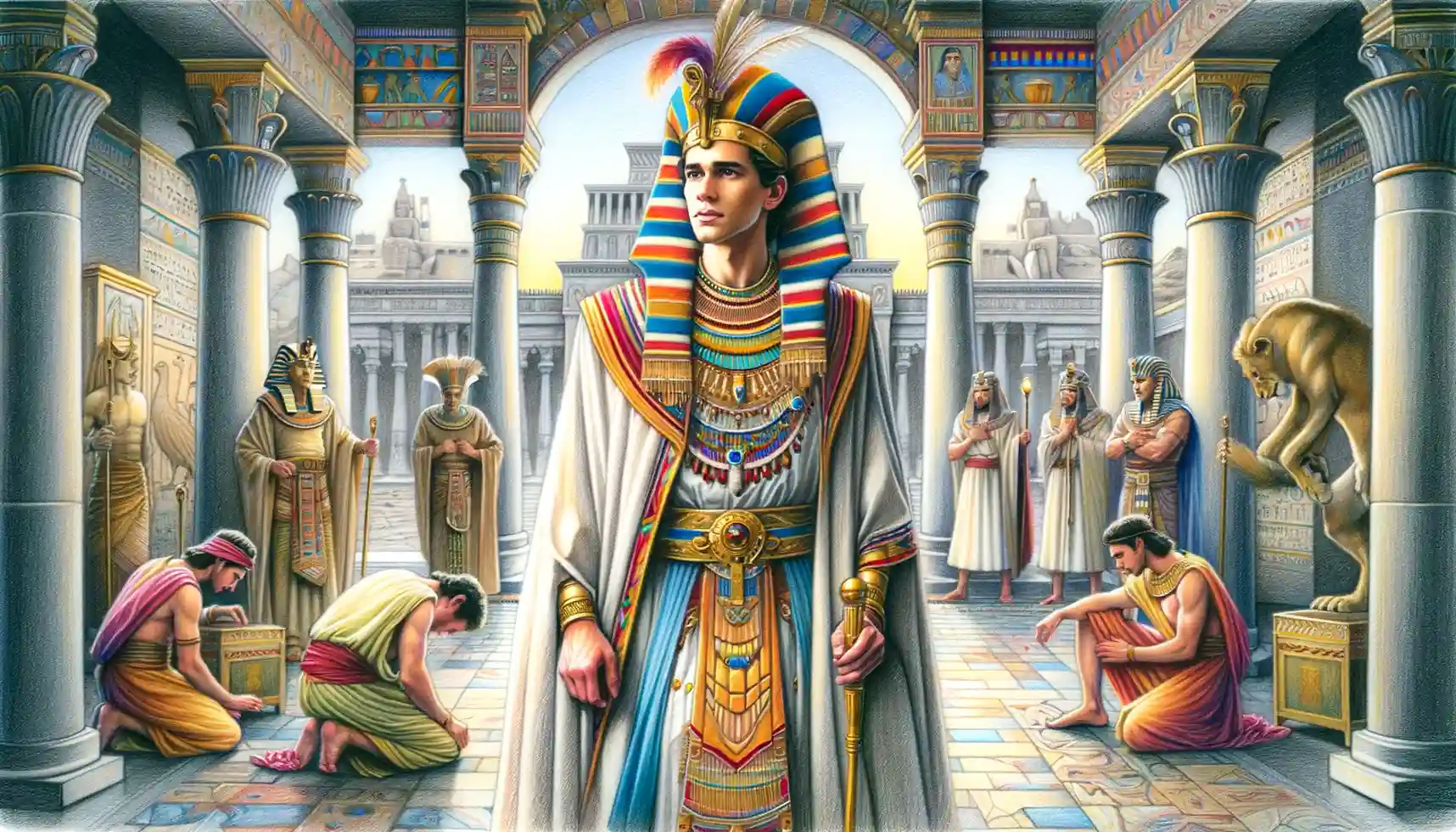Jeremiah, known as the “weeping prophet” and the author of Lamentations, delivered messages of judgment and hope, mourning the destruction of Jerusalem while foretelling a new covenant between God and His people.
Jacob, later named Israel, is a patriarch in the Hebrew Bible known for his journey from deceit to reconciliation, his twelve sons who became the twelve tribes of Israel, and his profound encounters with God.
Isaiah, a major prophet in the Hebrew Bible, is known for his extensive prophecies about the coming Messiah, detailing His birth, ministry, suffering, and triumph, and emphasizing themes of judgment, redemption, and hope.
Isaac, the son of Abraham and Sarah, known for his miraculous birth and near-sacrifice, married Rebekah and fathered Jacob and Esau, continuing the Abrahamic covenant and playing a pivotal role in the patriarchal history of Israel.
Hosea, a prophet of the northern kingdom of Israel, was instructed by God to marry a prostitute named Gomer to symbolize Israel’s unfaithfulness, conveying themes of judgment, repentance, and God’s enduring love and desire for restoration.
Herod the Great, King of Judea at the time of Jesus’ birth, is infamous for his ambitious building projects, including the expansion of the Second Temple, and for his brutal decree to massacre infants in Bethlehem in an attempt to kill Jesus.
Herod Antipas, the tetrarch of Galilee and Perea, is notorious for ordering the beheading of John the Baptist at the behest of Herodias’s daughter, Salome, and played a part in the trial of Jesus before being exiled to Gaul.
Haggai, a post-exilic prophet, encouraged the Jews to rebuild the Temple in Jerusalem after their return from Babylonian exile, emphasizing the importance of prioritizing the Temple’s reconstruction to restore their relationship with God.
Lazarus, a close friend of Jesus who lived in Bethany, was raised from the dead by Jesus after being in the tomb for four days, demonstrating Jesus’ divine power and strengthening the faith of many.
Joseph, the favored son of Jacob, known for his colorful coat and prophetic dreams, was sold into slavery by his brothers, rose to power in Egypt by interpreting dreams, and ultimately forgave and reconciled with his family, providing for them during a severe famine.

